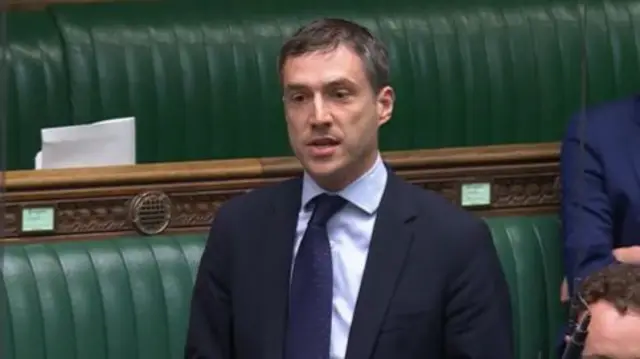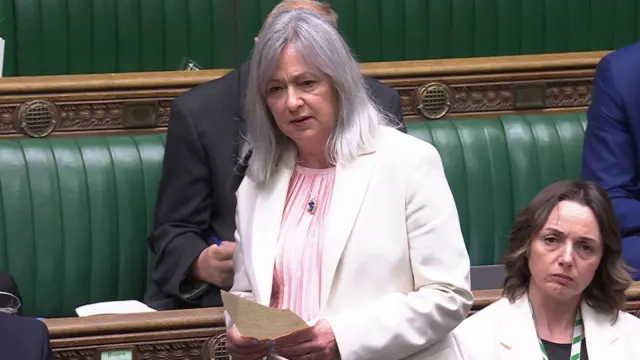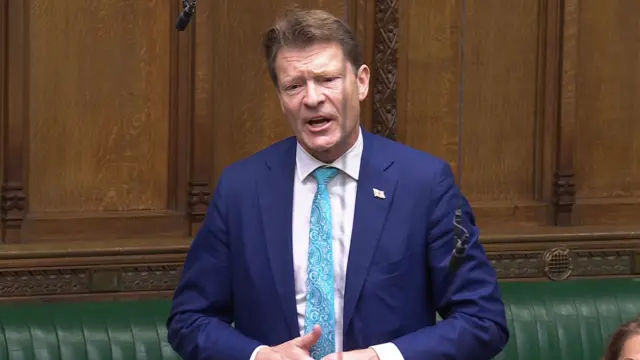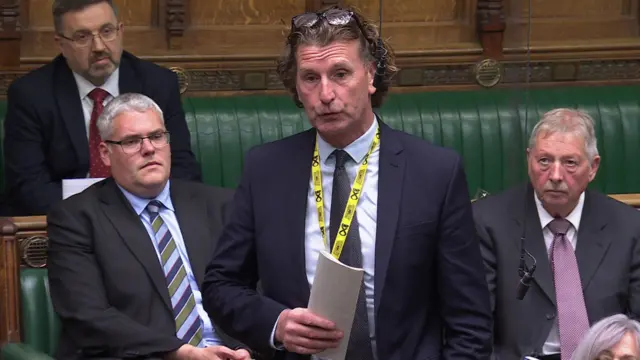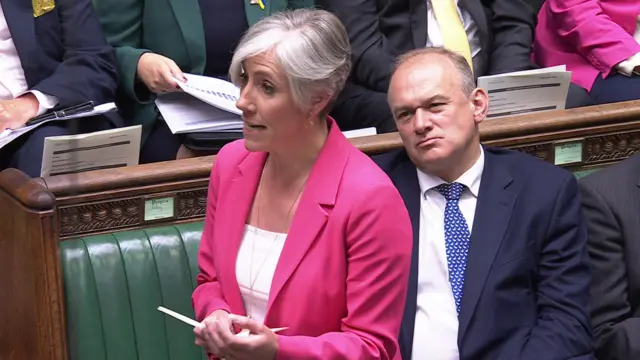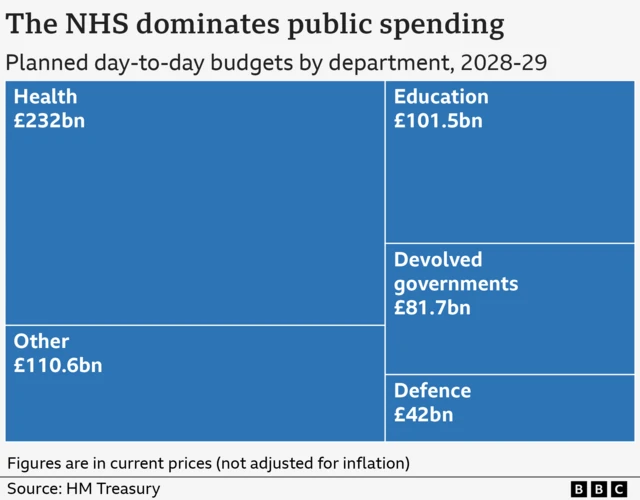
A sigh of relief from social housing landlordspublished at 15:45 BST 11 June
 Tarah Welsh
Tarah Welsh
Housing correspondent
We're continuing to bring you analysis of the Spending Review from the BBC's correspondents, as they explain what's been announced in their respective fields.
You could almost hear the sigh of relief from social landlords when the £39bn of investment was confirmed for social and affordable housing.
Many had warned that without significant funding and certainty, the government would never reach its target of building 1.5 million homes over this parliament.
But they’ve called today’s announcement a "game-changer”.
Guaranteeing how much social landlords will receive in rent over the next 10 years means that housing associations can plan how much they have to invest in building.
Housing charity Shelter has called this investment a “watershed moment”.
Charlie Trew, the charity's head of policy, says the amount is 70% more than the previous government invested - but “isn’t enough” to end homelessness for good. The charity is calling for a “clear target” for exactly how many social rent homes are planned.



